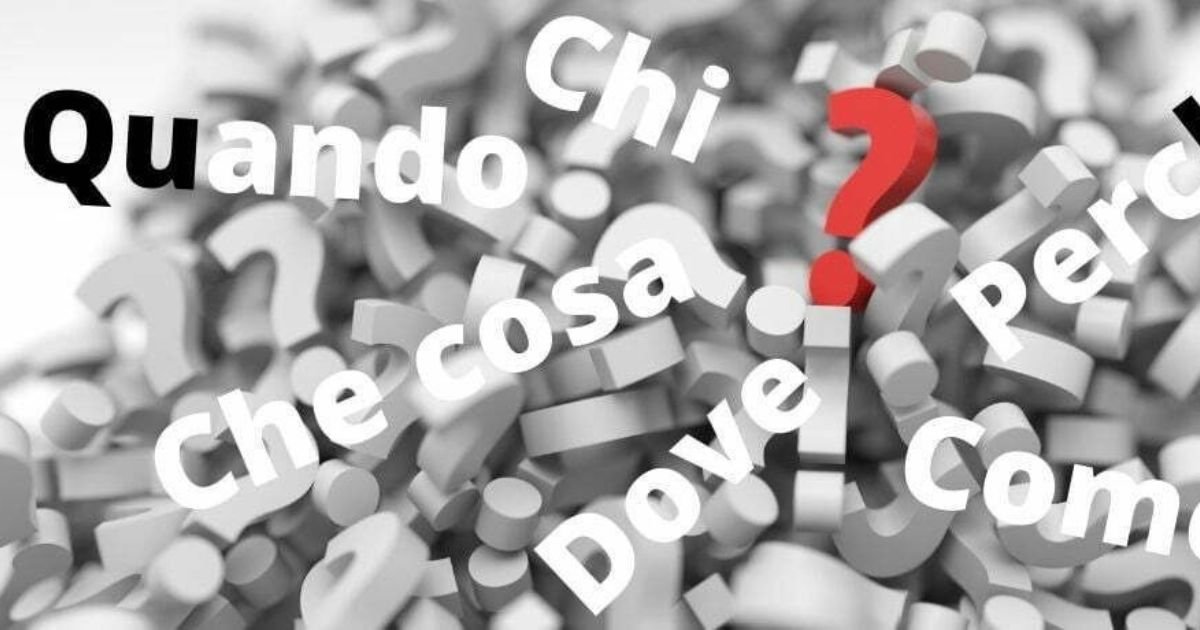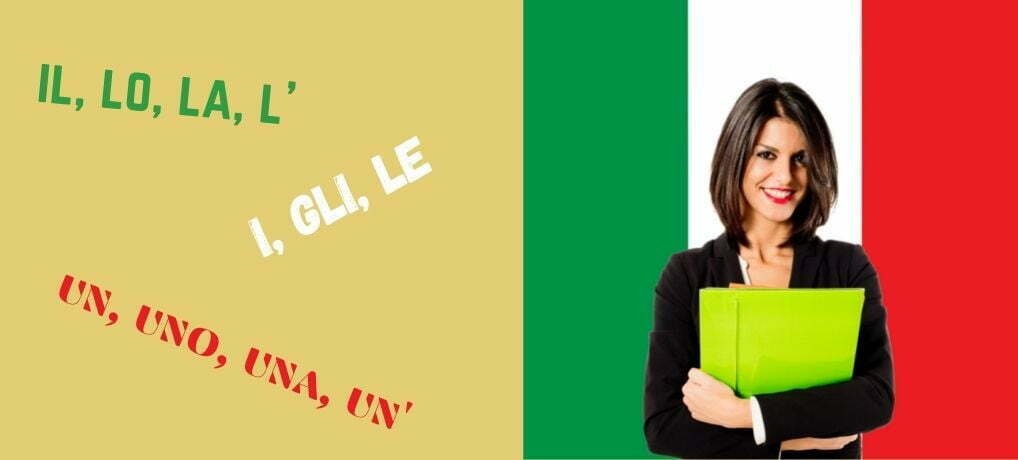Discover an easy way to learn some common Italian question words: here’s “Gianna”, a nonsense song by Rino Gaetano, live at Sanremo festival 1978 (question words in Italian are in the second part):


Discover an easy way to learn some common Italian question words: here’s “Gianna”, a nonsense song by Rino Gaetano, live at Sanremo festival 1978 (question words in Italian are in the second part):

What is the best way to become familiar with the use of Italian indefinite articles if not in a fun way, by listening and singing 2 catchy Italian songs?

Here’s a lesson is about the genders and numbers of the Italian nouns with Loredana Bertè, by singing “Sei Bellissima (“You’re very beautiful”). Learn singular and plural nouns in Italian and also some irregular nouns in Italian.

Skip to content One of the most challenging grammar rules for the Italian language learner is the use of Italian articles. Basically there are 3 types of masculine articles in the singular (il, lo, l’) and two in the plural…

Skip to content Un regalino – A small gift In the following post, you have the “musical chance” to learn the Italian diminutives with the ending “-ino”, used very often in the Italian language (with the added meaning of “small”,…

Learn Italian simple past, listening to Mina singing “La canzone di Marinella” (Marinella’s song), written by the singer song-writer Fabrizio De Andrè: La canzone di Marinella (Marinella’s Song) Questa di Marinella è la storia vera This is the true story of Marinella, che scivolò; nel fiume…
Listening to Italian love songs you can learn now some common negative expressions in Italian. Here’s Laura Pausini singing “Non c’è”. Sing along to learn what’s probably the most used negative phrase in Italy: Tu non rispondi più al telefono You don’t…
This Italian Grammar lesson covers the Italian Reflexive Verbs and the Italian Reflexive Pronouns. In the Italian language, a verb is considered reflexive if the subject (the performer of the action) and the object (the receiver of the action) are the same.
With Laura Pausini lyrics you can learn some Italian personal pronouns. The song is “Tra te e il mare” and Laura sings it with Elisa, another famous Italian singer.
Here are some videos that clearly explain the differences between these 2 very common Italian verbs. Their meaning is (in general): Essere = to be – Stare = to stay/to be